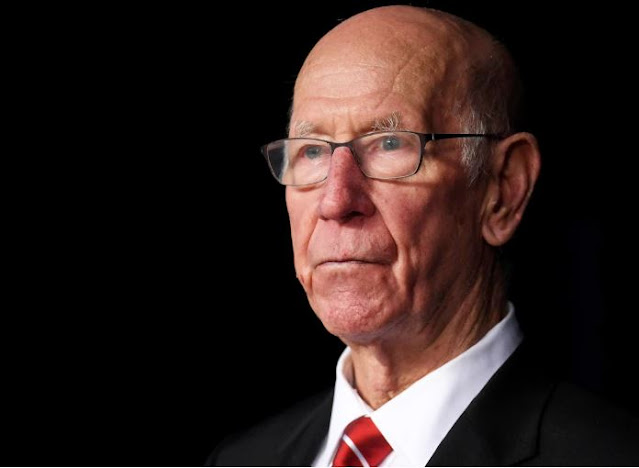Middle East on the Brink: The Complex Web of Conflicts and Risks
Middle East on the Brink: The Complex Web of Conflicts and Risks
In the ever-volatile Middle East, a precarious and complex situation is brewing. Tensions have reached a fever pitch, with fears of a broader war expanding from the Gaza Strip. U.S. officials are grappling with a challenging and rapidly evolving landscape, prompting the Pentagon to put more U.S. forces on high alert and expedite the deployment of additional weapons systems to the region. The stakes are high, and a misstep could have catastrophic consequences.
Rising Threats and Red-Hot Rhetoric:
Red-hot rhetoric emanating from both Israel and Iran, including public threats to escalate the conflict, has U.S. officials on edge. A senior administration official bluntly stated, "It's quite a dangerous situation. It could all veer off the rails really quickly. The whole region could be in conflict."
The Iran Factor:
The primary concern in this volatile equation is Iran and its backing of terrorist groups in the region. Iran's foreign minister's warning to Israel on the consequences of continued Gaza strikes underscores the gravity of the situation. The actions of Iranian-backed Hezbollah militants in Lebanon, who have intensified cross-border attacks on Israel's north, are further fueling the flames of conflict.
Israel's Aggressive Response:
Israel has not shied away from ramping up its military operations. It has intensified bombings on multiple fronts, targeting Gaza, southern Lebanon, and even staging rare airstrikes in the West Bank. The Israeli economy minister's assertion that they will not only retaliate but also target the source of support, Iran, adds a new dimension to the conflict.
The U.S. Ready to Respond:
U.S. Cabinet officials are leaving no room for ambiguity when it comes to their concerns about escalation. They are prepared to respond robustly to protect American troops. Secretary of State Tony Blinken made it clear that they expect a likelihood of escalation directed by Iranian proxies against U.S. forces and emphasized their readiness to respond.
Hezbollah's Response:
The next critical indicator in this complex equation is how Hezbollah in Lebanon, situated on Israel's northern border, responds to Israel's expected offensive in Gaza. The potential of Hezbollah's involvement could escalate the situation significantly, requiring a substantial commitment of resources from Israel.
The U.S. Advisory Role:
Behind the scenes, the U.S. is advising Israel to exercise caution and avoid a reckless ground offensive. They believe such a move could trigger a broader conflict, a scenario that is best avoided considering the ongoing trauma in the region. Furthermore, the U.S. is actively working to secure the release of American hostages and prevent a two-front war.
China's Shadow:
In the midst of the Middle East turmoil, there is a growing concern that China may exploit the chaos for its benefit. Recent actions by China, including the deployment of warships in Middle Eastern waters, are cause for heightened vigilance. Moreover, a concerning incident in the South China Sea involving the ramming of Philippine military vessels by a Chinese coast guard ship has raised fears of an armed conflict.
The Broader Implications:
The world is on high alert due to the potential for armed contagion in the Middle East. As we witness these interconnected global crises, one cannot help but wonder if the tensions in the Middle East will spill over into other regions, such as the South China Sea or even Taiwan.
The complex and rapidly evolving dynamics in the Middle East are causing worldwide concern. The risks of further escalation are substantial, and the situation will require careful management in the coming days and weeks. The interconnected nature of global conflicts underscores the need for diplomatic and strategic efforts to avert a broader and devastating war in the Middle East.






